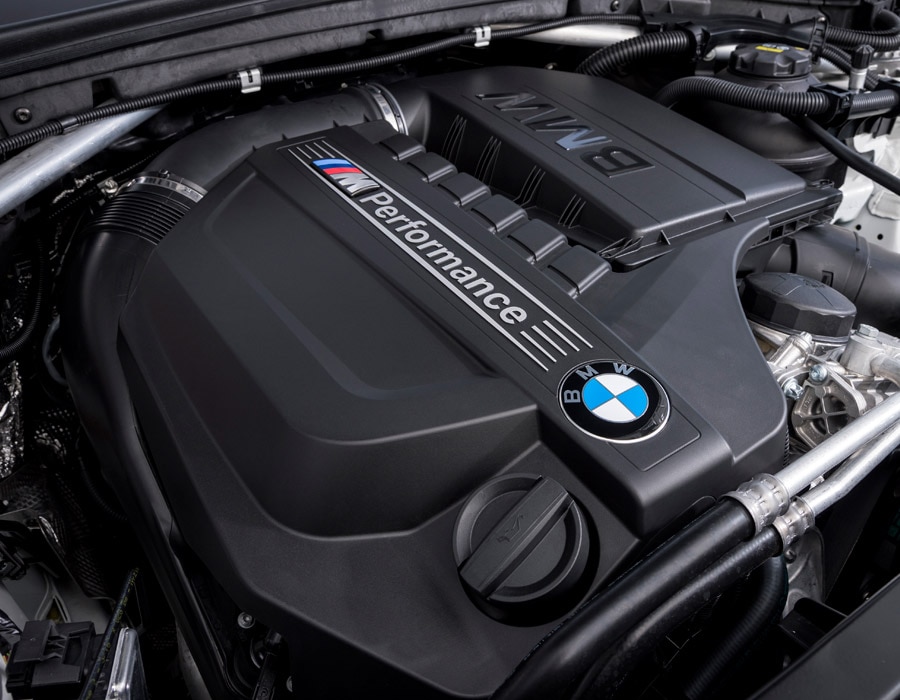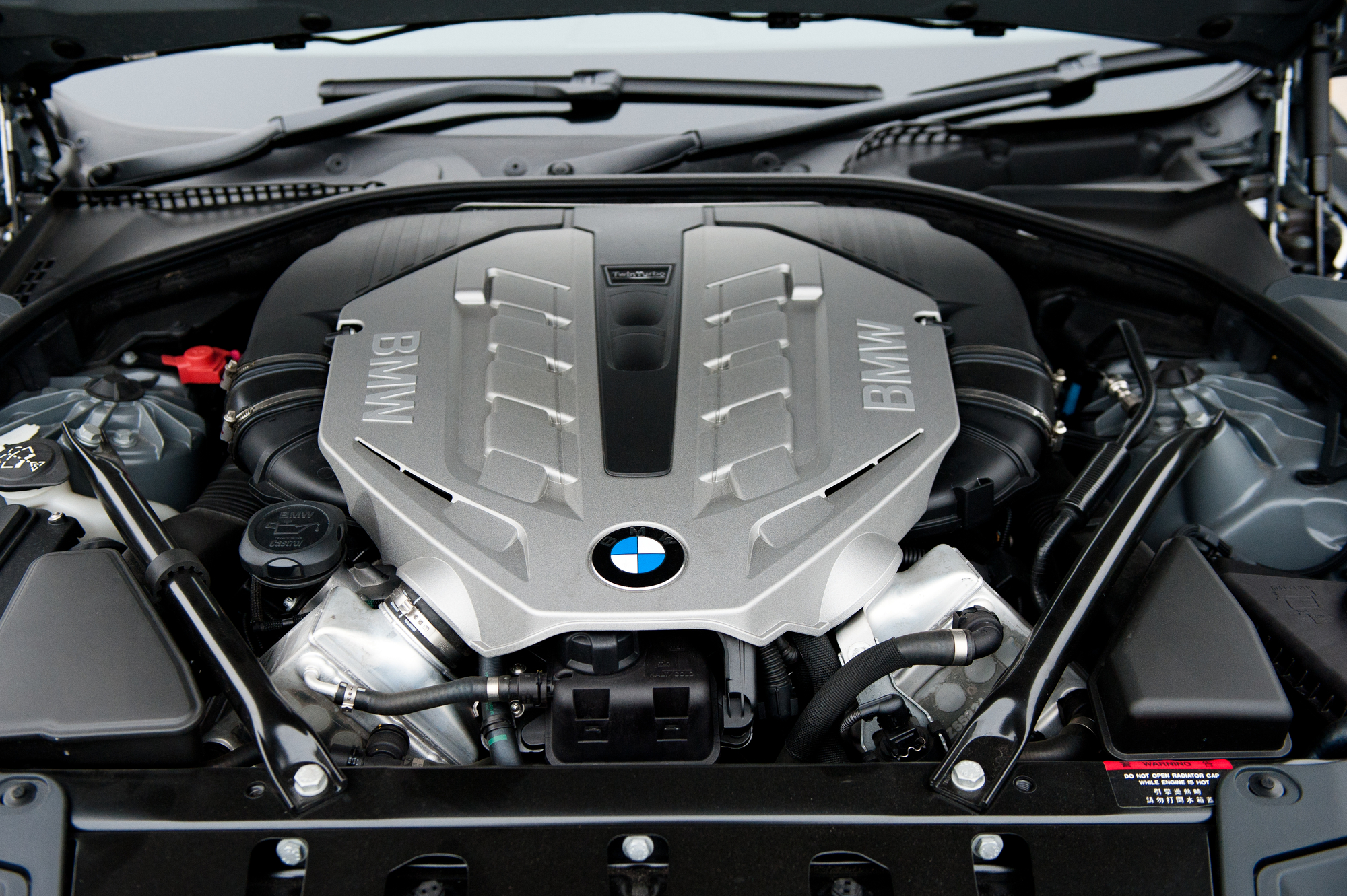A Beginner's Guide to Choosing the Right BMW Engine for Your Demands
A Beginner's Guide to Choosing the Right BMW Engine for Your Demands
Blog Article
Introducing the Intricacies of Next-Generation Power Units: a Deep Study Advanced Engine Innovations and designs
In the realm of automobile engineering, the relentless pursuit of efficiency, performance, and sustainability has actually propelled the evolution of power systems to unprecedented elevations. As we depend on the precipice of a brand-new era in transportation, the details of next-generation engine layouts beckon us to explore the innovative modern technologies and technologies that assure to redefine the driving experience. From advanced materials that press the limits of durability and weight decrease to innovative turbocharging and turbo charging systems that elevate power output to brand-new levels, each component of these power devices holds a key to opening the future of vehicle engineering. Delving deeper into the realms of exhaust control, intelligent engine management systems, and the horizon of power device advancement, we locate ourselves on the cusp of an improvement that assures to reshape the landscape of movement as we recognize it.
Development of Engine Products

The change in the direction of advanced engine products has actually additionally enabled engineers to make engines with higher power results while maintaining gas performance criteria. The usage of lightweight materials minimizes the total weight of the engine, leading to boosted gas economic situation and reduced discharges. In addition, developments in materials technology have enabled better thermal monitoring within engines, causing raised dependability and durability.
Turbocharging and Supercharging Technologies
How do Turbocharging and Supercharging Technologies change engine performance and efficiency in modern-day automobiles? Turbocharging and supercharging are modern technologies that considerably enhance engine efficiency by boosting the amount of air consumption into the burning chamber. Turbocharging accomplishes this by utilizing a generator driven by exhaust gases to pressurize the consumption air, while supercharging makes use of a belt- or chain-driven compressor to accomplish the very same impact.
These technologies make it possible for smaller sized, much more fuel-efficient engines to produce power equal to larger ones, called downsizing. Forcibly even more air right into the cyndrical tubes, supercharging and turbocharging boost combustion performance, resulting in increased horsepower and torque result without a significant rise in engine size. This causes far better acceleration, pulling capacity, and general driving efficiency.
Furthermore, supercharging and turbocharging add to improved fuel performance by permitting the use of smaller engines that consume much less fuel under regular driving conditions - bmw engine. This mix of boosted performance and performance has made turbocharging and turbo charging indispensable elements of lots of modern-day engine designs
Emission Control and Environmental Effect
With boosting international problems concerning air high quality and ecological sustainability, the application of exhaust control modern technologies in vehicles plays a vital function why not try these out in reducing dangerous toxins launched right into the ambience. Modern lorries are equipped with sophisticated emission control systems that help minimize the environmental impact of automobile operations. Catalytic converters, as an example, are developed to convert toxic gases such as carbon monoxide, nitrogen oxides, and hydrocarbons into less harmful substances like carbon dioxide and water vapor.
Additionally, developments in engine technology, such as the integration of exhaust gas recirculation systems and selective catalytic decrease, have actually substantially his response added to decreasing exhausts. These modern technologies operate in tandem to maximize burning efficiency and decrease the launch of unsafe pollutants into the air. Furthermore, the advancement of crossbreed and electrical lorries represents an important step in the direction of lowering the overall environmental footprint of the transport field.
Intelligent Engine Management Systems

Furthermore, these systems allow cars to meet strict exhausts standards without endangering performance, giving a much more eco-friendly driving experience. The combination of artificial intelligence and artificial intelligence capabilities in engine management systems proceeds to push the borders of what is possible, leading to additional improvements in performance, dependability, and general vehicle performance. bmw engine. As auto innovation breakthroughs, intelligent engine administration systems will certainly play a critical role in forming the future of transportation towards a much more lasting and efficient instructions
Future Trends in Power Unit Advancement
As intelligent engine monitoring systems lead the means for boosted control and optimization in modern-day automobiles, future fads in power system advancement are poised to redefine the landscape of automotive propulsion modern technologies. These different power resources use enhanced efficiency and efficiency while straightening with rigorous environmental policies.
Another significant fad is the combination of sophisticated materials and making strategies. Lightweight materials such as carbon fiber and light weight aluminum are being used to decrease total lorry weight, improving fuel performance and efficiency. Additionally, developments blog in 3D printing and additive production are making it possible for the production of complex engine parts with higher accuracy and resilience.
Furthermore, artificial knowledge and artificial intelligence are playing an essential duty in enhancing power unit performance. These technologies allow for real-time tracking and flexible control, resulting in extra reputable and reliable power shipment. On the whole, future patterns in power device development are tailored in the direction of performance, sustainability, and effectiveness, driving the automotive market in the direction of a new age of propulsion modern technologies.

Final Thought
In conclusion, the developments in engine products, turbocharging, emission control, and smart monitoring systems have paved the method for next-generation power systems. The detailed layouts and innovations in modern engines showcase the continuous development of auto modern technology.
Discovering the progressive advancements in engine materials has been critical in improving the performance and effectiveness of contemporary engines. Over the years, the development of engine materials has actually played a crucial role in pushing the boundaries of what engines can achieve.The change in the direction of progressed engine products has actually likewise allowed designers to create engines with greater power outcomes while preserving gas effectiveness requirements.The application of intelligent engine management systems in modern vehicles has revolutionized the way engines are regulated and maximized for efficiency and effectiveness. By gathering data in real-time and evaluating it with advanced algorithms, intelligent engine administration systems can adapt to driving styles, environmental elements, and engine health to make the most of power output while minimizing gas usage and discharges.
Report this page